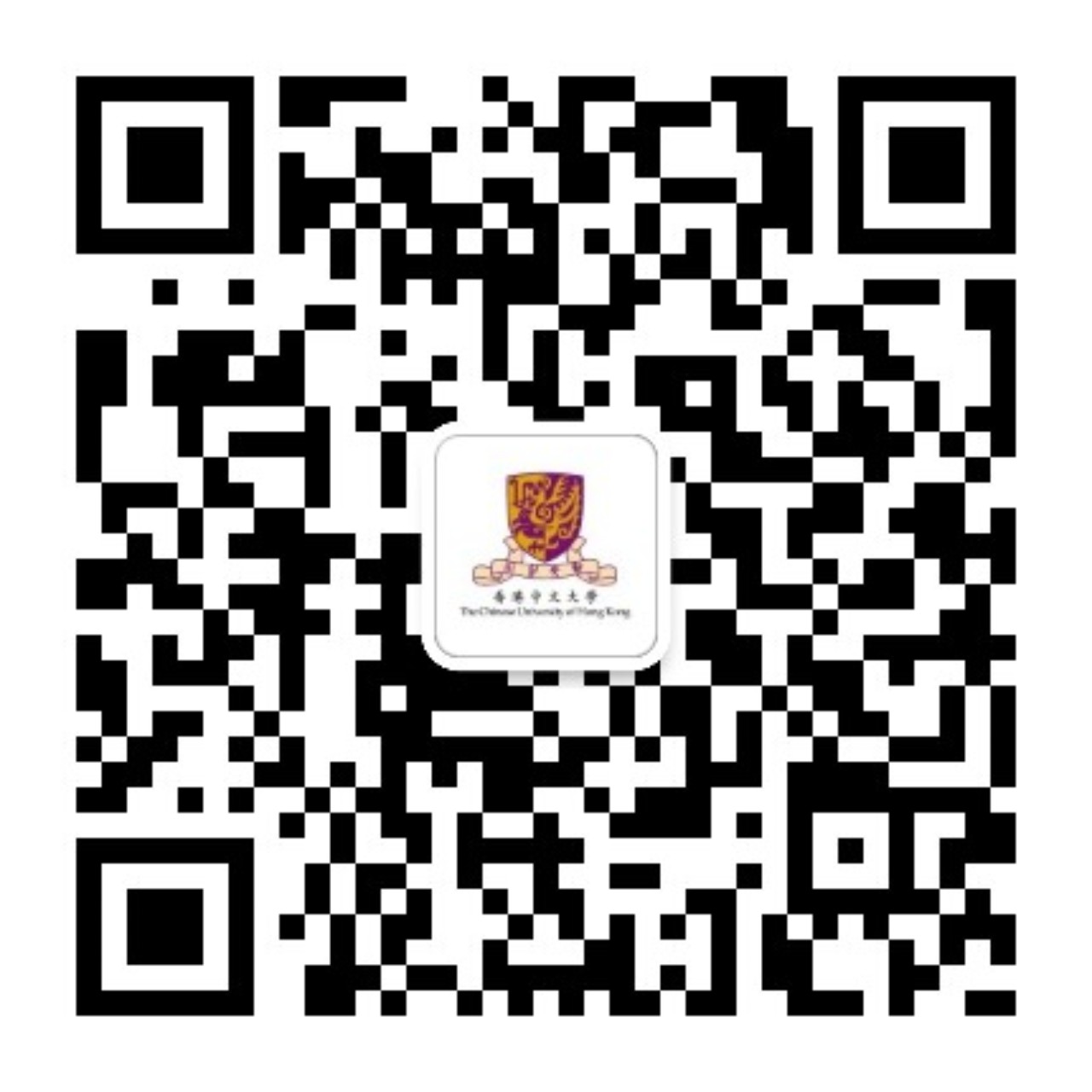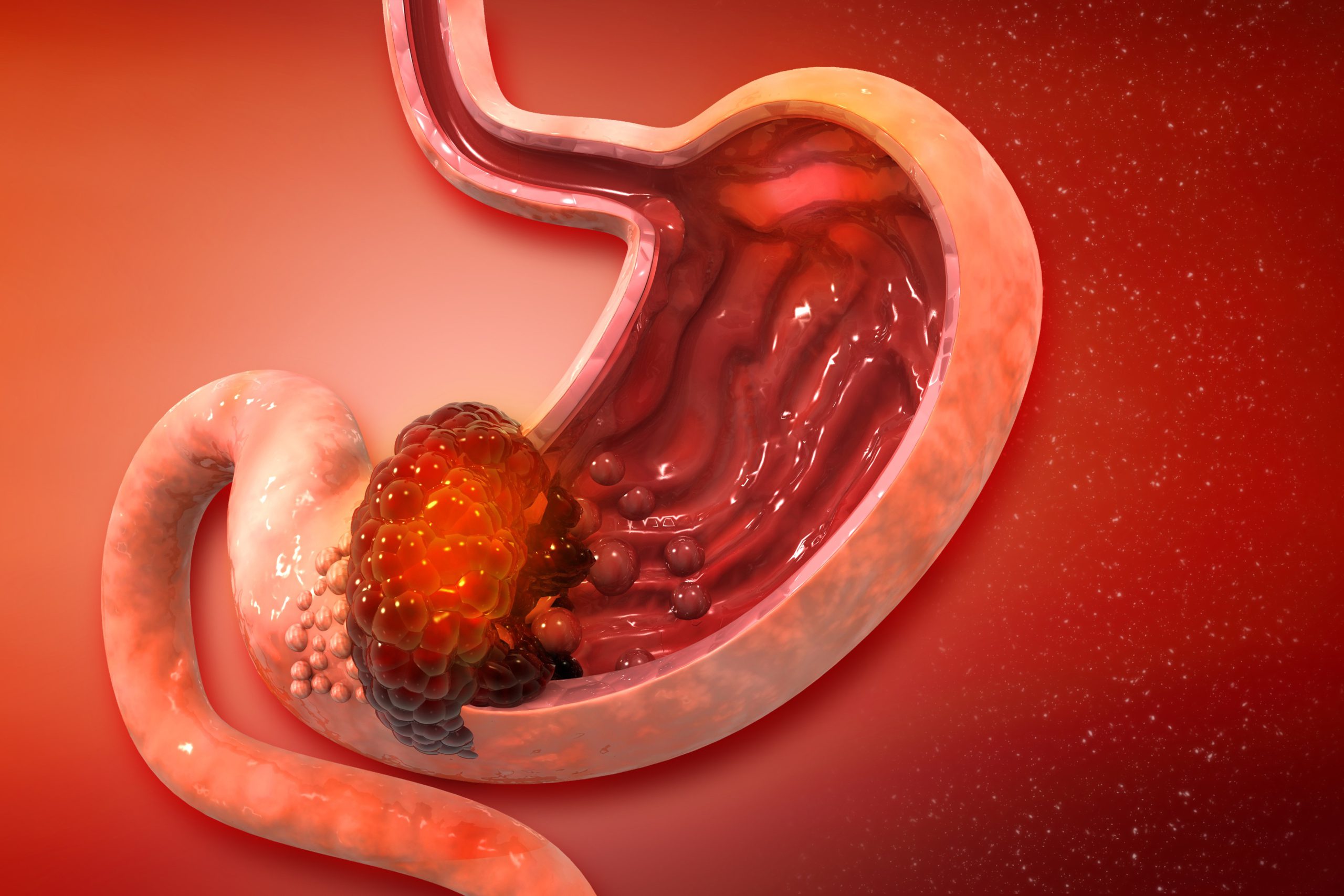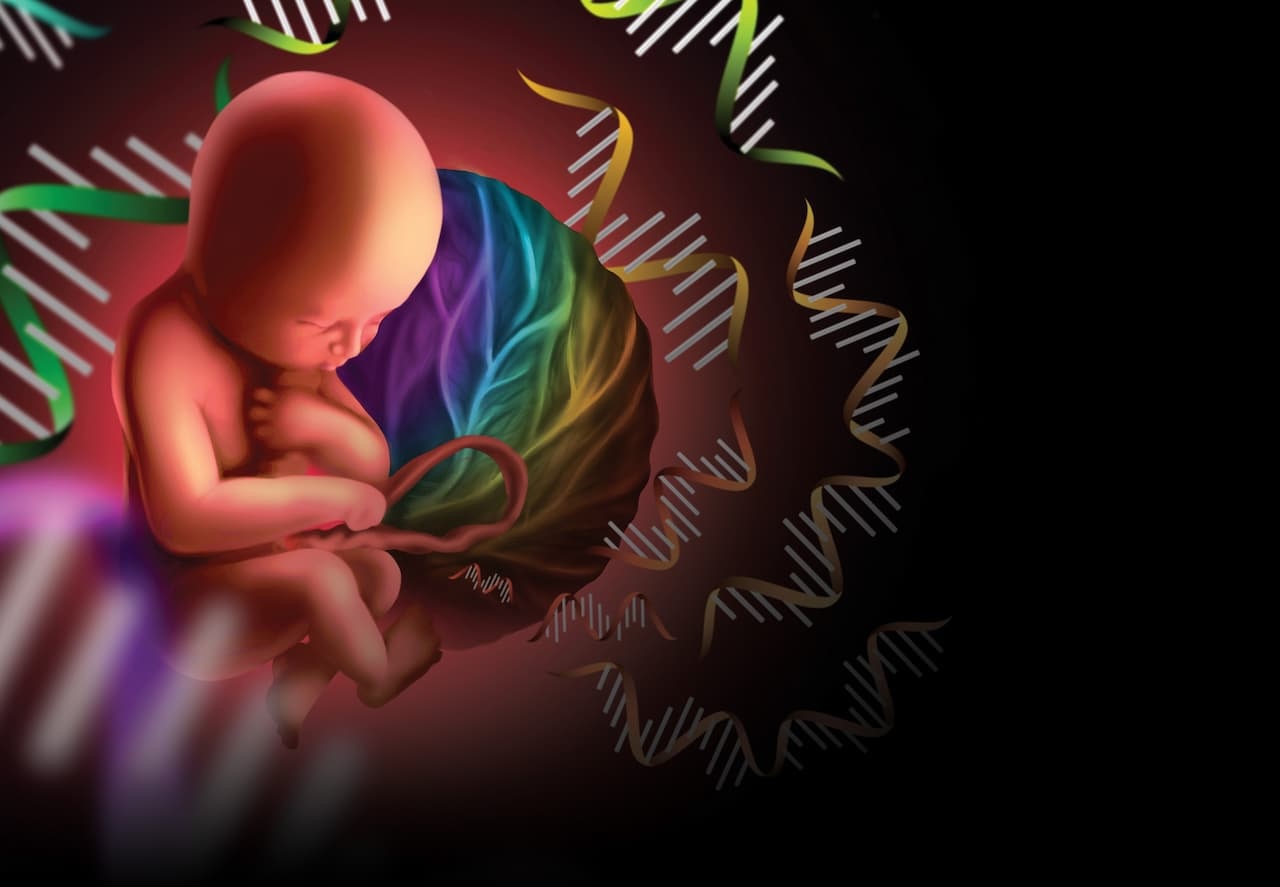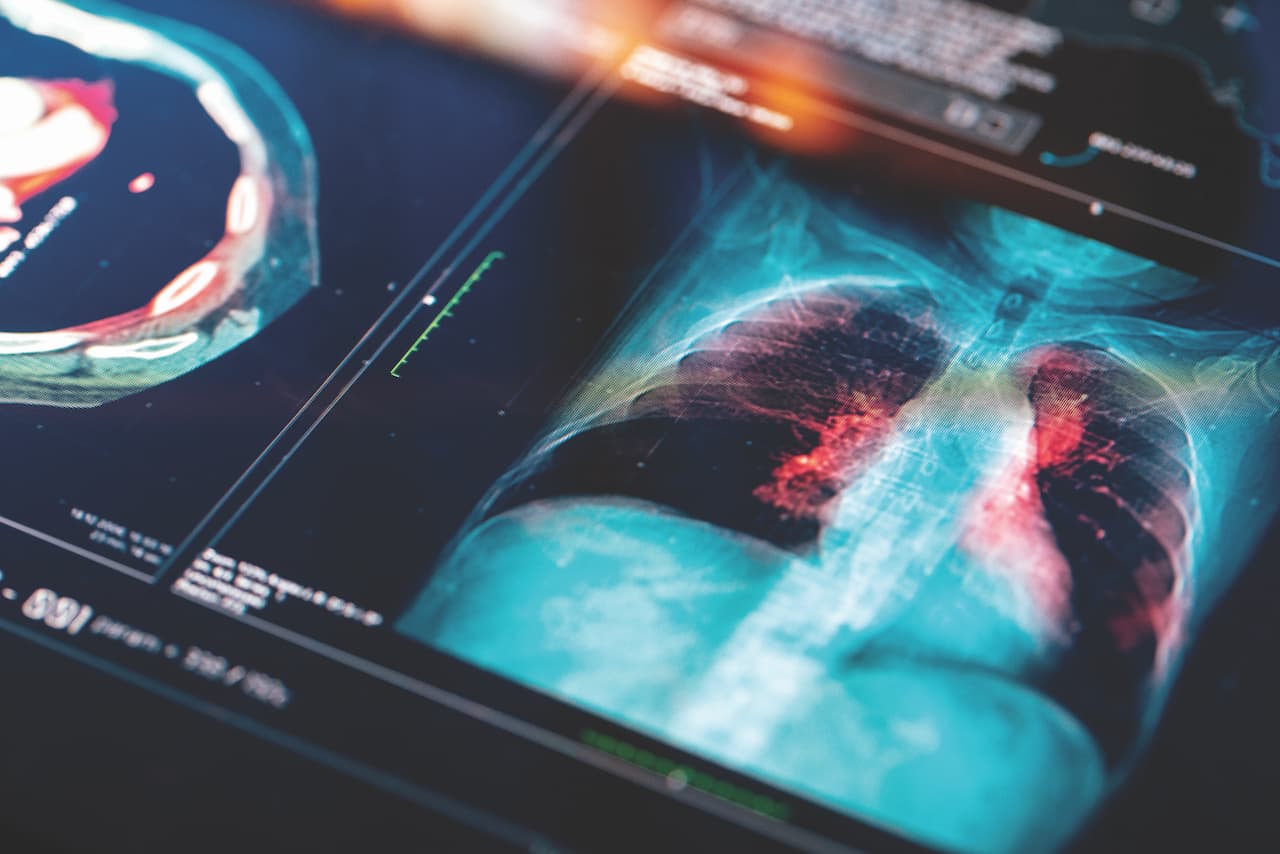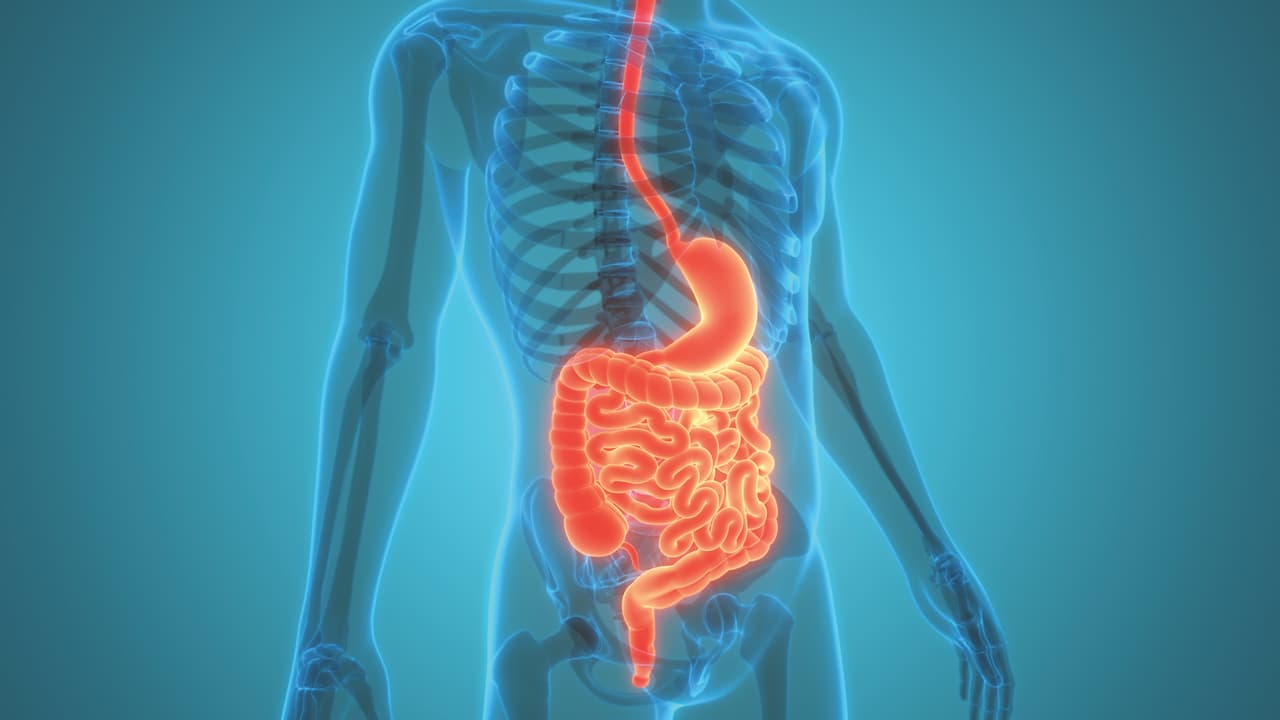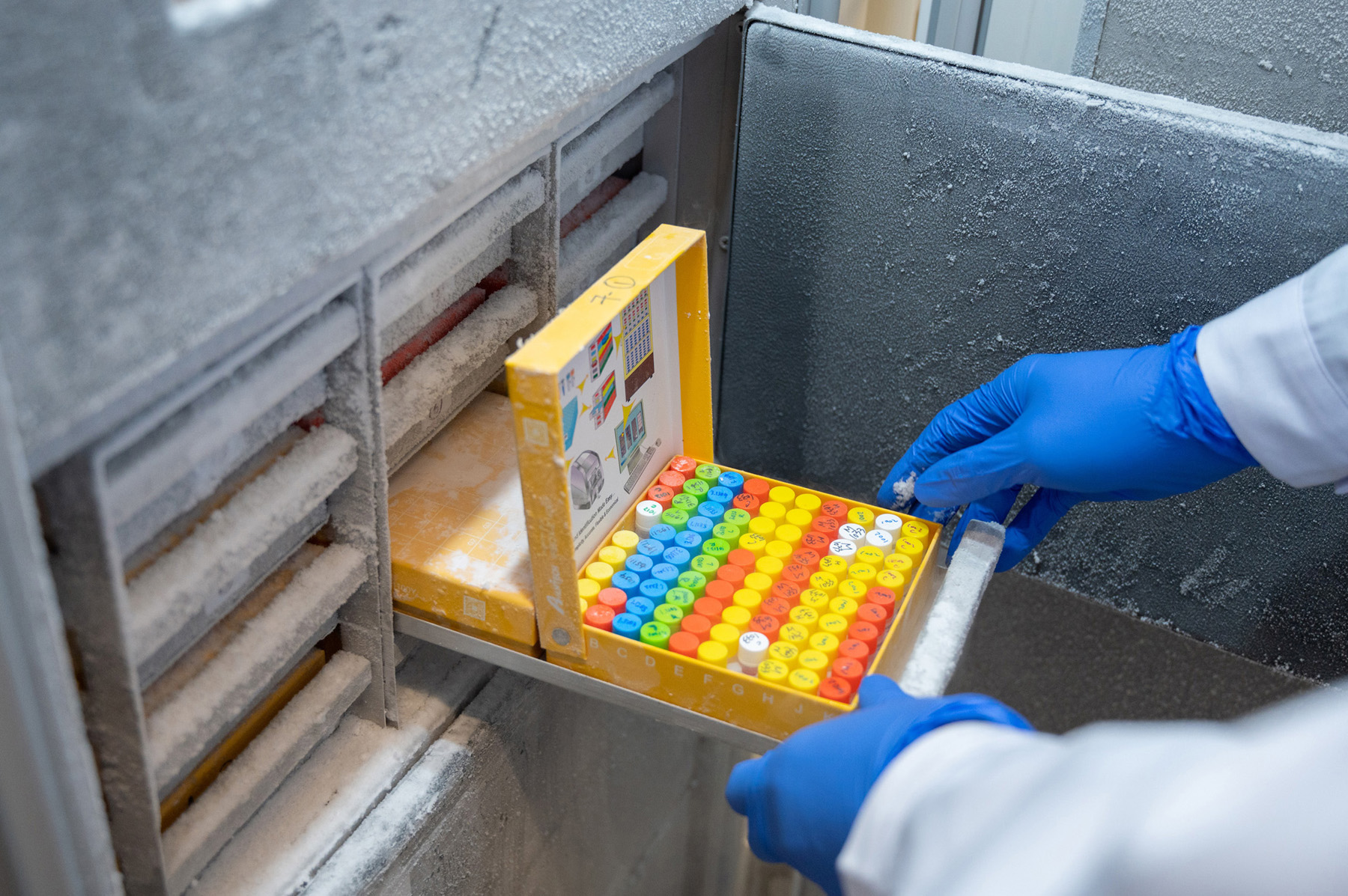Gastric cancer is the fifth most common cancer worldwide, and is especially prevalent in Asia. Like many other cancers, gastric cancer begins when a cell develops changes in its DNA uncontrollably and eventually turns into a malignant tumour. Identifying genes with the potential to cause cancer, known as oncogenes, can help the medical community understand the development of gastric cancer and develop new treatments.
A study administered by undergraduate and postgraduate students from The Chinese University of Hong Kong’s (CUHK) Faculty of Medicine (CU Medicine) has analysed two large-scale global genome cohorts and proven that serine/threonine kinase 3 (STK3) is a potential oncogene in gastric carcinogenesis. The study was the first to discover that STK3 drives gastric cancer progression, which overturns previous reports that STK3 suppresses tumour development.
STK3 plays an oncogenic role in gastric cancer
A signalling pathway means a series of chemical reactions in a cell, controlling its responses. The “Hippo pathway” and the “Ras-MAPK pathway” are defined as the frameworks for cancer, in which the “Hippo pathway” is tumour-suppressing, while the “Ras-MAPK pathway” is tumour-promoting.
Traditionally, STK3 was believed to serve as a critical component of the Hippo pathway by lowering the expression level of downstream YAP1, a key oncoprotein in tumour initiation and progression. However, in this study, after careful investigating both The Cancer Genome Atlas (TCGA) and the Asian Cancer Research Group (ACRG) cohorts, the team confirmed that STK3 is abundantly expressed in gastric cancer samples. In addition, STK3 demonstrates positive correlation with the YAP1 signature and promotes tumour growth in functional tests. This result indicates that STK3 serves as a potent oncogene, not a tumour suppressor as previously reported.
In addition, the team employed bioinformatics to analyse the STK3 expression profile in primary samples, as well as the single-cell RNA-seq datasets, to unravel the molecular mechanisms of STK3. For the first time, they revealed that STK3 exerts an oncogenic role by promoting cell cycle progression and activating the Ras-MAPK signalling pathway.
A potential treatment regimen for gastric cancer

STK3 demonstrates gene amplification in primary gastric cancer samples, making it a promising anti-cancer target. However, so far, there are still no effective drugs that can decrease the STK3 expression to inhibit tumour growth.. The team is now predicting the 3D structure of STK3 and screening drugs using high-throughput screening (HTS) system to identify the most potent small molecule drugs for targeting STK3.
Professor Ka Fai TO, Project Supervisor, Chairman of the Department of Anatomical and Cellular Pathology, CU Medicine, remarked that the findings have significant implications for gastric cancer treatment. “This study not only proves that STK3 serves as a driving force in the progression of gastric tumour, but also confirms that the depletion of STK3 can exert anti-tumour effects, providing a novel therapeutic target for gastric cancer. The small molecule inhibitors targeting STK3 can potentially become a new solution for STK3-driven gastric cancer patients.”
Young scientists behind the innovative research

CU Medicine has been nurturing clinician-scientists in recent years by offering research immersion programmes that allow students to enrich their learning experience and broaden their horizons. Year 3 medical students Wilson MUI and Brian CHAN joined the Summer Attachment Programme organised by the Department of Anatomical and Cellular Pathology last year, undertook this research under the supervision of the department’s professors. They were responsible for the bioinformatics and clinical correlation analysis, functional tests and Western blot analysis. Wilson also participated in figure organisation and manuscript drafting with postgraduate student Bonan CHEN.
Brian said of the inspiration of the research, “We learned in the classroom that STK3 serves as a tumour suppressor, but we were curious about how it actually works. Therefore, we looked into the expression levels and function of STK3 in gastric cancer samples from the patients and found that STK3 does not inhibit tumor development as expected. Instead, it drives gastric cancer progression. During the research, we were given the chance to practise knowledge gained in class. For example, I have learned how to code and perform data analysis from scratch. I believe that these skills will be beneficial to my future research.”
Wilson added, “This was my first time participating in scientific research, and the process was challenging. Some skills and knowledge that featured during the research process, such as bioinformatics and the drafting of figures, are not normally taught in class. Luckily, under the guidance of professors and working with my peers, this project came to a successful conclusion. It was also a valuable and inspiring experience that laid the foundation for me to start research career in the future. I sincerely hope that the results of this research can be applied to improve medical technology and benefit gastric cancer patients.”
Professor Wei KANG, Assistant Professor of Department of Anatomical and Cellular Pathology, highly praised the two medical students’s performance. He said, “Wilson and Brian showed diligent learning attitudes, keep improving the experiments. It is impressive that they have mastered single-cell RNA-sequencing and clinicopathological correlation analysis. They have demonstrated great potential and enthusiasm for medical research.”
Professor To added, “In order to provide medical students with a better learning experience and nourish clinician scientists, the Department provides additional training opportunities for medical students who are interested in medical research during the summer holidays .We are very much encouraged by Wilson and Brian’s work. For Year 3 medical students, having administered a cancer project and getting published in a high-impact journal that scores above 20 is no mean feat. They are role models for medical students and future clinician scientists. We also hope these two students continue to scale the heights of scientific research and contribute to the early conquest of cancer.”

